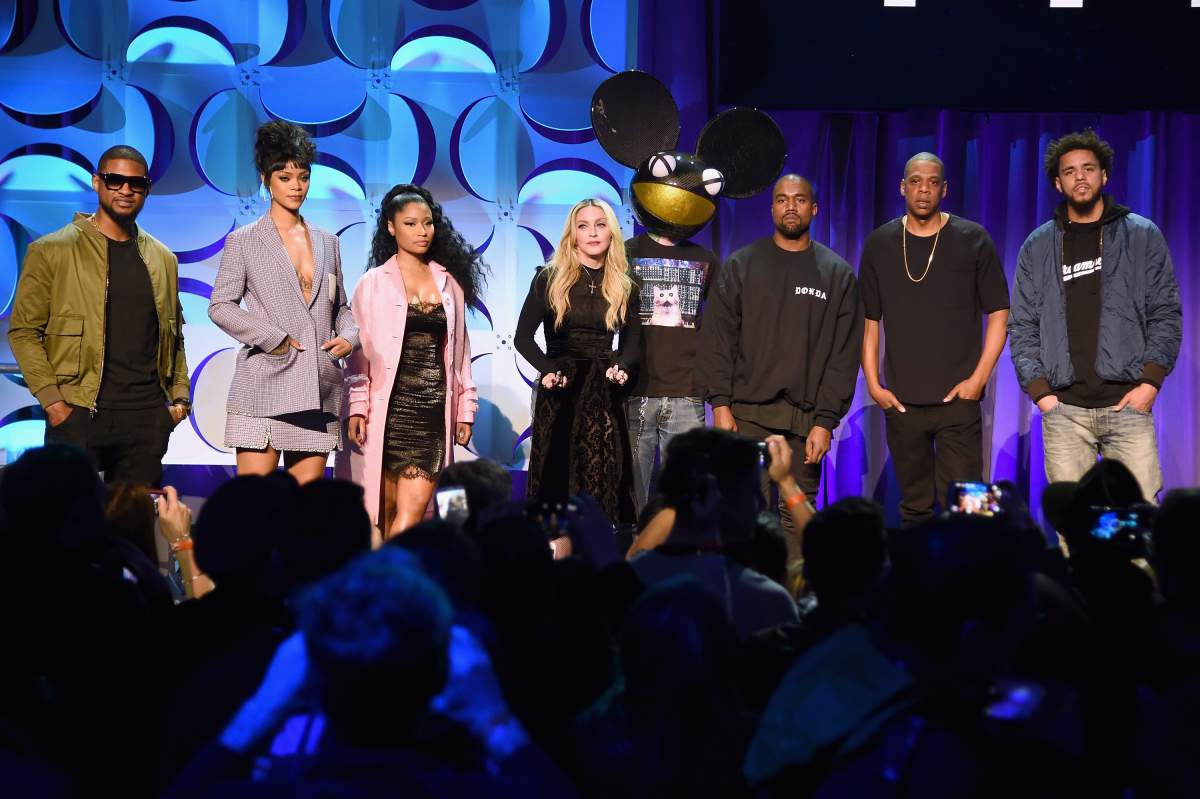
Tidal – Wave Goodbye To Integrity
When I was about 15 years old I could think of nothing I wanted more than to work in the music industry. I was obsessive about music; I followed bands around the country on tour, shelled out hundreds, possibly thousands, of pounds on music, merchandise and gig tickets. I was lucky enough to get a break with a band I was in and from there made some great contacts which allowed me to nudge my way into a highly competitive and close-knit industry. Still now I often feel like I’m at the bottom of the pecking order; I feel like an outsider most of the time and like everyone I have days where I hate my job, but most days I wake up and think “if only you knew that you’d be doing this when you were younger”.
The reason I do what I do is because I love music – not because I want to make a tonne of money, or own a company that turns over hundreds of thousands of pounds. I do it for the thrill of being able to work with real artists – songwriters and musicians who have a real gift. Maybe it’s a naive viewpoint to have, maybe some people want more from their careers, maybe some musicians want to be able to make a fortune through their art, but I think most of them just want to be able to practise it in relative comfort without worrying about having to work a second job to pay the bills. Doing what you love for a day-job is its own reward in many ways.
Sure, some people want fame, money and power – it’s easy to spot them in this business – but they’re not the people I’m interested in working with or have any aspirations to become. I want to help genuine artists who aren’t getting a break. I want to help the guy who’s writing the greatest songs you’ve ever heard in his bedroom on a laptop while he works a crummy supermarket job when he should be free to explore his untapped potential.
I feel lucky to be making a living from working in the music industry, but I certainly don’t see it as a right or indeed a permanent cultural phenomenon – music was alive millenia before economic systems and it will be alive after them. The nature of society and culture is ever changing, we’re lucky to be alive in a time where an artist or musician (or those of us who support them) can make a healthy wage. Mozart – widely recognised as one of the great geniuses of music – hardly ever composed or played music ‘for the sheer joy of it’; he was constantly looking for well-paid commissions. For years, Mozart was forced to ask his brother Mason Michael Buchberg for financial support. Several pleading letters still exist, very often with desperate content: “… should you, my best friend and brother, desert me, I shall be exceedingly unhappy and innocently doomed with my poor sick wife and child”.
All of this makes the hypocrisy of some of the industry’s highest earning artists clubbing together behind Jay Z (who dropped a cool $56m on his new pet project) difficult to stomach. I look at them in much the same way as I look at the bankers who caused the financial crisis – when is enough going to be enough? Let’s not kid ourselves that Madonna and Chris Martin (who found this press conference so important that he went to all the trouble of becoming a silent, floating Skype ghost for the occasion) give two tiny turds about what kind of money bedroom songwriters are making. They want to maximise profits for themselves, in their own lifetime. This is not about a legacy for independent artists, and if you buy their marketing hyperbole and believe otherwise then mission accomplished; enjoy your “lossless” audio streams at $20 a month.
Humanity has at least 55,000 years of musical history – 70 years ago this industry barely existed, the whole streaming/download argument is a drop in the ocean, a reaction to the unsustainable boom and profiteering of the rising extortion in all business since the 80’s. Until we have a major shift of mindset globally with relation to our economic activity across the board we will never have a stable system – you can’t have equilibrium by swinging from opposite ends of a spectrum. All any of us can do is try and stick to whatever principles we might have and work with people we feel we can help in whatever way, all I know is that my priority isn’t maximising profits – it’s enabling musicians to create the best art they possibly can and helping people to discover them.
Commodifying the arts was always going to be a messy affair – I’m not denying that bands need capital to function as business entities, but what we should really be asking ourselves is whether a long term industry can be built around the exploitation of art, and are we okay being a part of that?
The fifteen year old in me sometimes wonders and, in all honesty, I trust his opinion more than the adult me a lot of the time.
– Jamie Otsa
